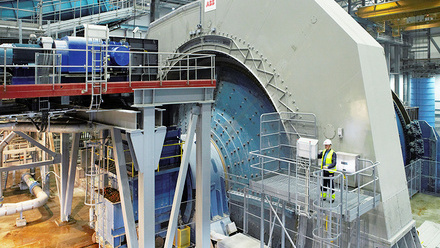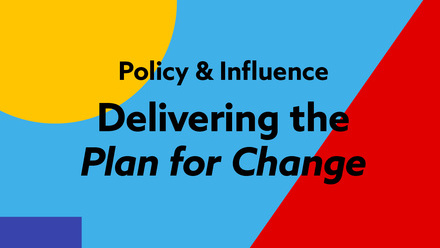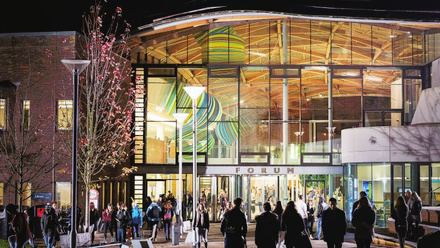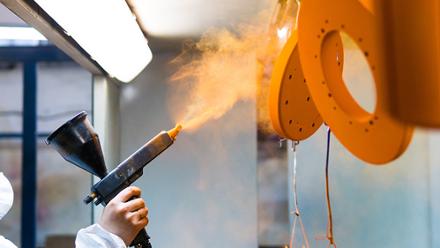BASF launches Circular Economy Programme
BASF is to focus on three action areas - circular feedstocks, new material cycles and new business models in a plan to double sales.
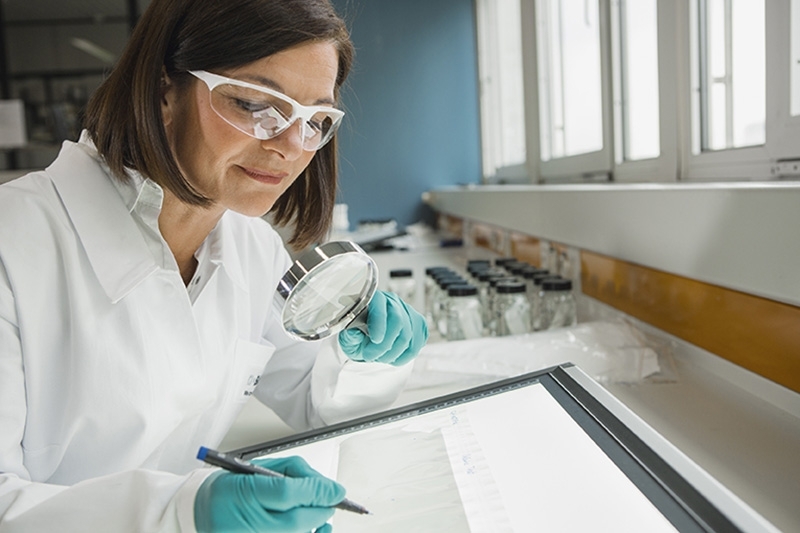
As of 2025, BASF aims to process 250,000 metric tons of recycled and waste-based raw materials annually, replacing fossil raw materials. Battery recycling will be key says the company.
Estimates predict that more than 1.5mln tonnes of battery cells from electric vehicles will have to be disposed of in the year 2030. In addition, there is scrap from the production of cells and cathode active materials as well as their precursors. These contain valuable resources such as lithium, cobalt and nickel. With battery recycling, these raw materials can be reclaimed and reprocessed. To recycle lithium-ion batteries, they are first dismantled and shredded, which creates a substance called black mass. It is currently possible to recover raw materials from black mass using various chemical processes.
Until now, however, this process has been very energy-intensive or has created large volumes of salts that require disposal. In addition, the yield of raw materials is still too low. BASF is developing a new highly efficient chemical process with numerous advantages: It can recover high-purity lithium from the batteries with high yields, it prevents waste and it further reduces the carbon footprint compared to existing processes.
For plastics, BASF researchers are working on ways to more efficiently close material loops. The company is developing various plastic additive packages to specifically stabilise and improve the quality of recycled materials. Solutions such as compatibilisers will enhance the mechanical properties of polymer mixtures. This upgrades mechanically recycled plastics and the products made from them in a plastics cycle.
Yet, each year, 200mln tonnes of plastic waste worldwide go unrecycled. BASF is working to enhance its chemical recycling process, ChemCycling, to produce pyrolysis oil from mixed plastic waste. Developing suitable catalysts for the new process technology is an important aspect and a firstgeneration catalyst is already integrated in the pyrolysis plant of BASF's Norwegian partner Quantafuel.
Renewable raw materials are another pillar of BASF's plan. It intends to further increase the volume of renewable raw materials from sustainable sources in its production.



